Striving to Be Better
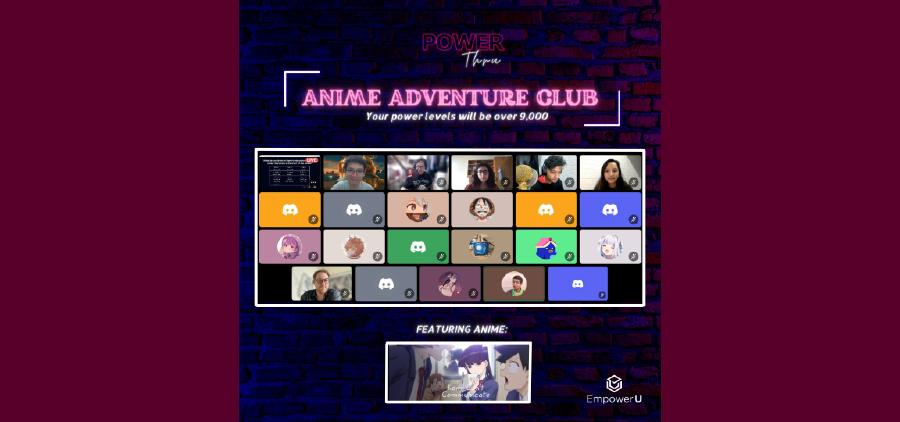
The challenges of Hong Kong’s education system has always been a topic of conversation between my friends and I. It makes for good conversation fodder on if any of us would ever want to “settle down” in Hong Kong. Personally, I’ve always been averse to the idea; primarily due to Hong Kong’s ruthless emphasis on rote memorization, test-based assessments, and high-pressure education culture. But those conversations had always been hypothetical in nature; a topic of conversation to fill the time. Nothing that had any real impact on what we had going on in our lives.
At least, until recently. The shortcomings of Hong Kong’s education system, particularly on ethnic minority youth, have since became front-and-center for me. The catalyst for this realization was when I joined EmpowerU as an instructor in their PowerThru program developing two courses:
- Finding Yourself Thru Collective Storytelling. Using Dungeons & Dragons to teach storytelling.
- Anime Adventure Club. Studying mental health, friendships, and storytelling through anime.
Through these two courses we slowly began get an understanding of the struggles that ethnic minority youth in Hong Kong face during their secondary school education. Chief among them being that through their own experiences, these students have been left with the impression that they aren’t expected to participate in the “discussion” of the lesson at all. The education system that these students experience is one wherein they are expected to quietly sit through their lecture for X amount of hours, somehow absorb the material, and their entire grade (and self-worth) assessed solely through written tests. They are neither expected to engage in the subject matter to broaden their understanding, nor encouraged to ask questions should they need something clarified, nor explore other topics that may interest them.
This kind of approach to education puts its students at a disadvantage. Not only does it prevent them from properly engaging in the topic and building up an interest for self-motivated learning. But it also inhibits the development of the students’ own communication and presentation skills, and limits their scope of learning to only what will be included in the test. During our courses, I was shocked to hear that secondary school students were never given the opportunity to make presentations or otherwise develop their public speaking skills. As someone who has been working in the professional world for some time, I can unequivocally say that the ability to properly articulate and present ideas and concepts is invaluable. Not allowing students to build that skill early on does them, and their eventual employers, a great disservice.
That disservice is particularly regretful when you account for the passion, creativity, and energy we’ve seen students be capable of when they are properly engaged and interested in the subject matter. It is exactly that energy that we aimed to harness through our PowerThru courses. Engaging them with topics and discussions that they are interested in; encouraging them to speak their mind, form their own opinions, and present their ideas.
Through our Collective Storytelling course, we used the popular game Dungeons & Dragons (D&D) as a vehicle to introduce the ideas of how a group can come together to create their own shared narrative. We highlighted the importance of not only creatively writing a story, but also the importance of collaboration, empathy, and active listening. Our students took an interest in the topic because they wanted to eventually run their own D&D games at home. We endeavored to make the course as engaging as we possibly could. Providing the majority of the course content in the form of online videos and our in-person sessions being hands-on exercises to reinforce the online content.
We started our course by actually playing a one-shot D&D adventure. We tasked our students with creating their own characters on the spot, to imagine what it would be like to be be a fantastical adventurer in a fantastical land. We asked them to imagine and explain to us what their characters looked like, talked like, and how their personalities may be different from their own. On top of being a fun game, this exercise focused on encouraging the development of creativity, empathy, and collaboration through gaming.
In our second session, we played improv games. Giving our students first hand experience at thinking on their feet, expressing themselves, and making their voices and opinions be heard. But at the same time, actively listening to what it was that other people were saying so that they could properly “yes and” their classmates. And then for our last session, we challenged our students in creating their own original character. Complete with goals, fears, backstories, and a supporting cast. Giving them an opportunity to prepare, present, and “defend” a presentation; developing their public speaking skills. To say that we were blown away with the creative ideas and concepts that they presented would be an understatement.
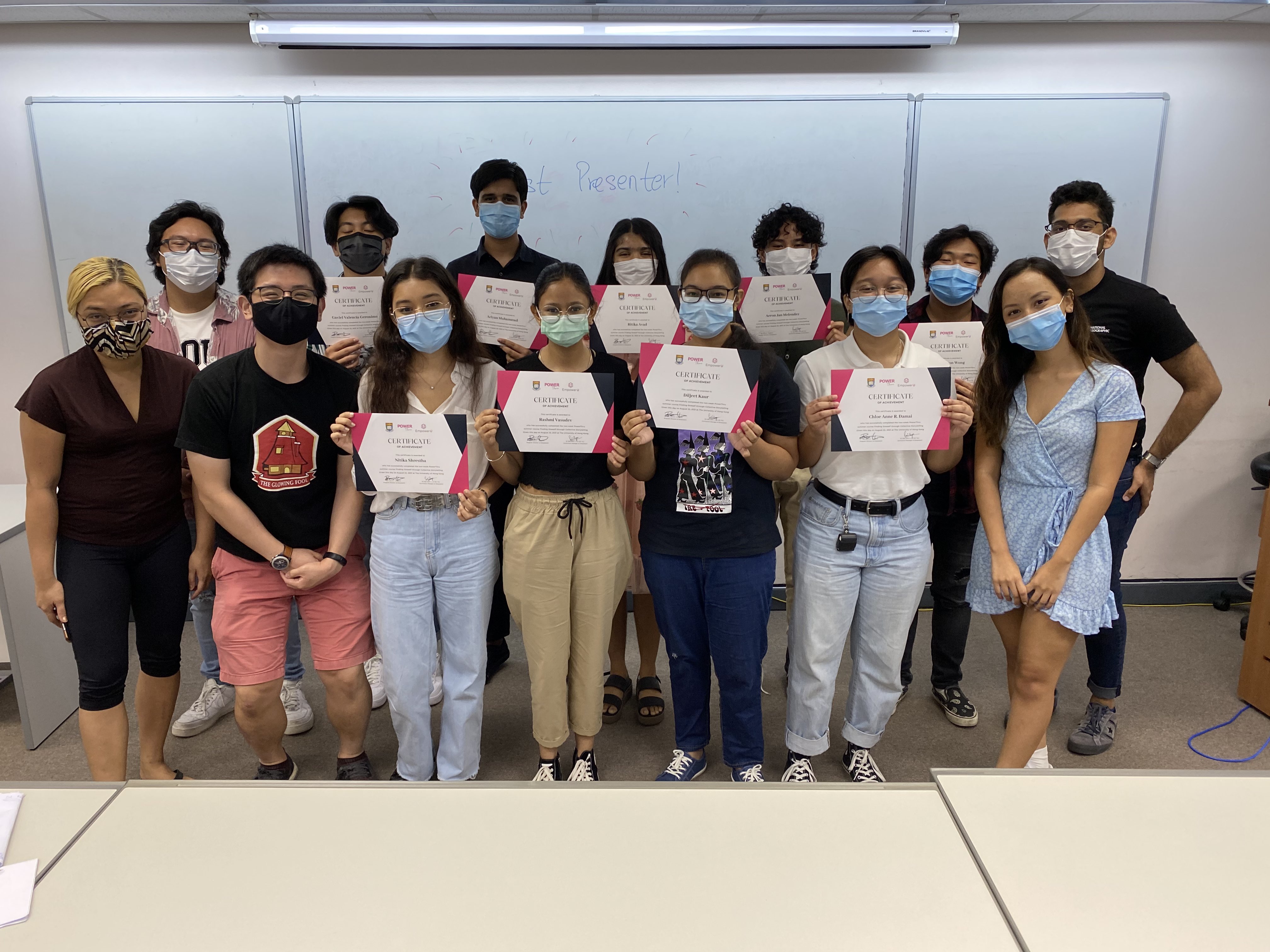
During our Anime Adventure Club, we focused on a staple in the students’ lives, anime. We asked them to watch an anime series with a critical eye. Thinking about what the morale of the story was, how the characters were portrayed, as well as how the characters’ challenges and difficulties related to their own lives.
With the anime club, we employed a “Socratic Method” approach. Giving the students a series of discussion questions that we wanted them to keep in mind as they watched the anime, and then having them to answer those questions during our live-sessions. Asking a series of follow up questions to encourage them to dive deeper and reflect more on the subject matter. This method helped us in getting the students to “come out of their shell” a bit more. We met them on ground that they were already familiar and comfortable with, and encouraged them to take that extra step at learning/understanding the material beyond just casual enjoyment. We then gave them the platform and opportunity to articulate their analysis in the club, not only to the facilitators, but also to their fellow club mates. Building up their skills and confidence in communication and presentation.
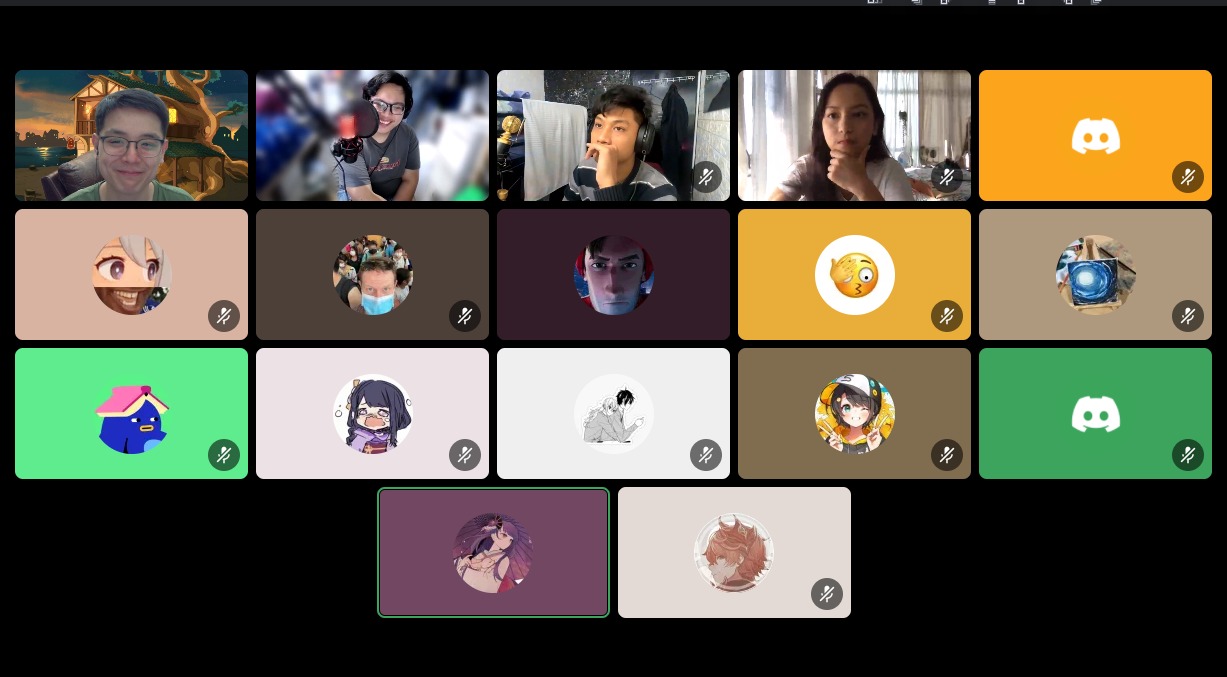
Through all of these courses, our goal has always been the same. To engage our students so that they may build confidence in their own abilities, as well as develop an interest in self-motivated learning. But this kind of goal shouldn’t just be limited to extracurricular programs provided by NGOs. We hope that schools will soon see the benefit of adopting a similar approach to engaging students, ethnic minority or not. Education is the bedrock of a successful society. And we should always strive to do better.

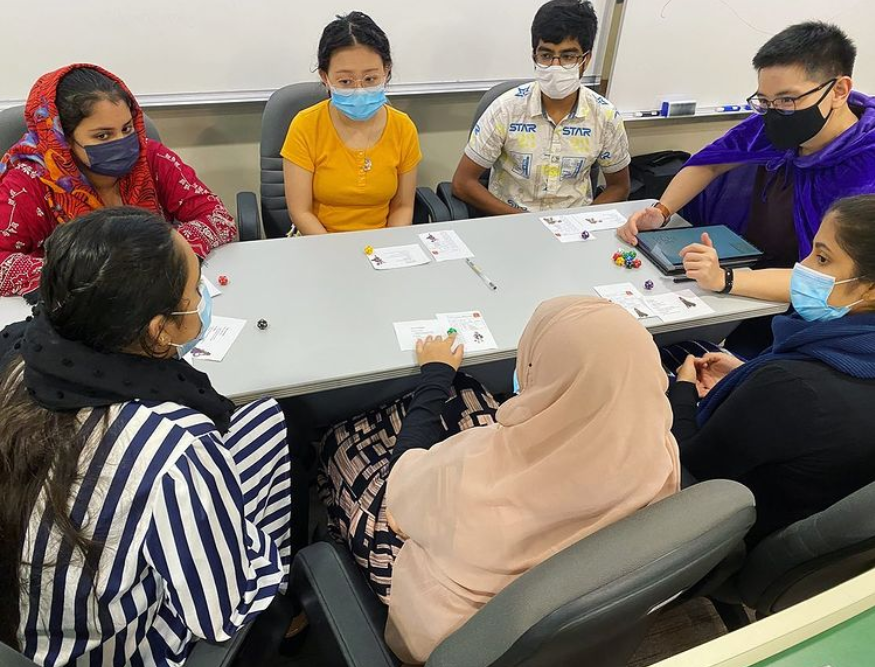
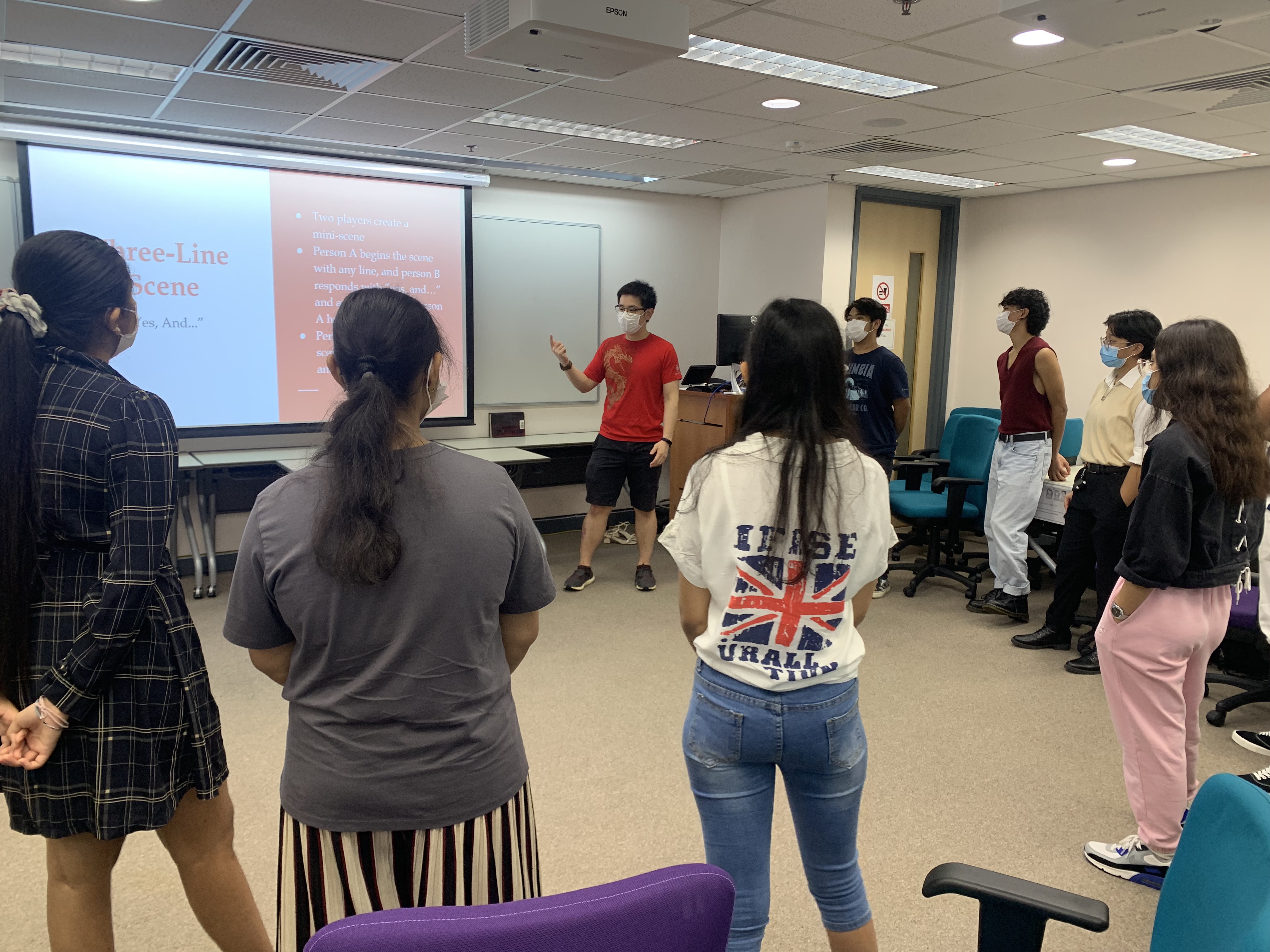
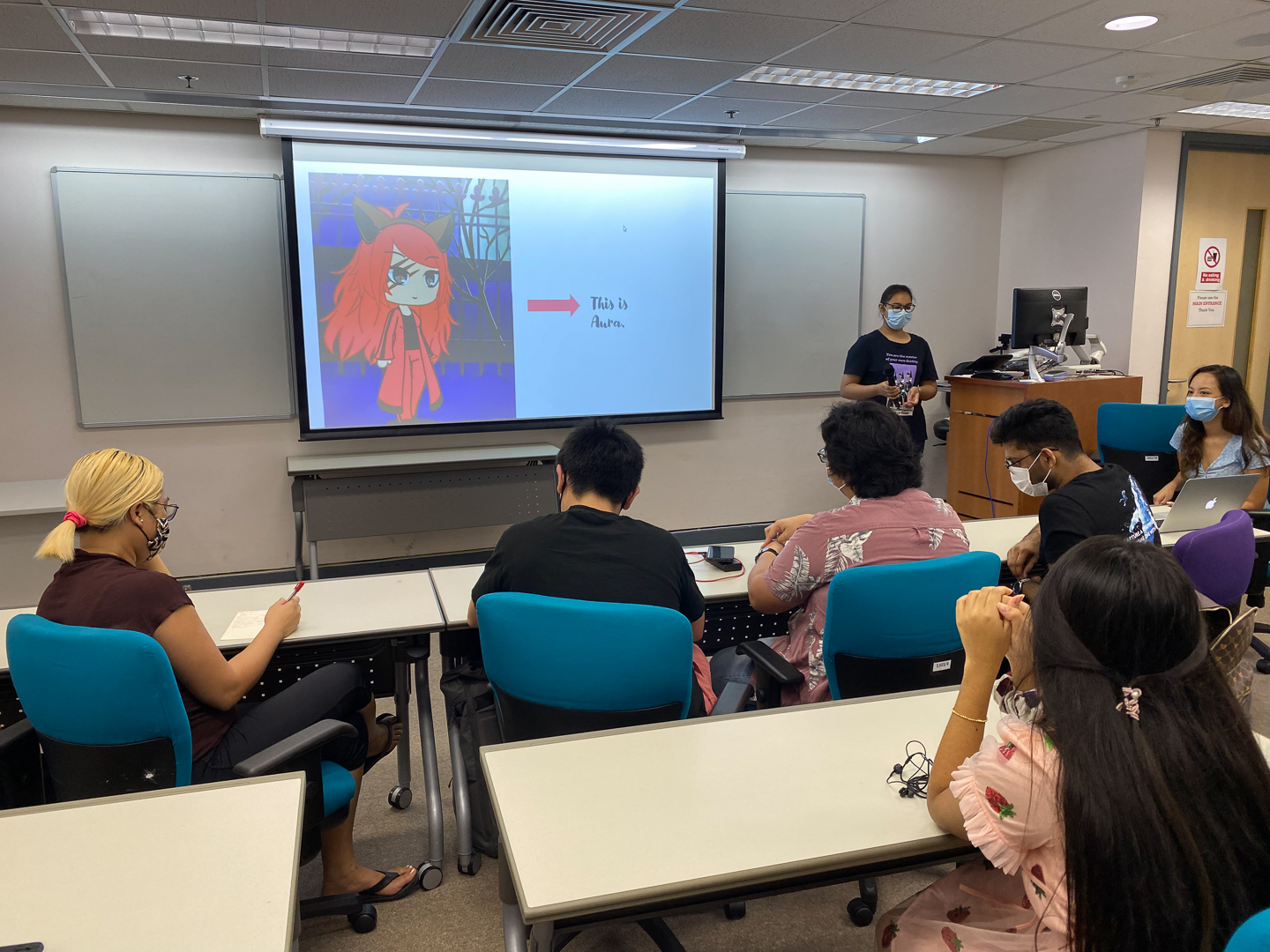

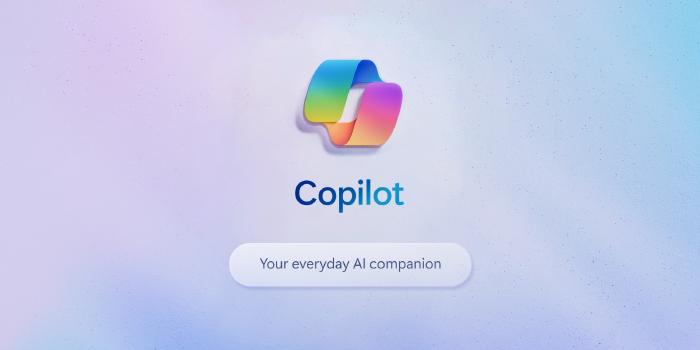
![[EXPLAINER] How Microsoft Copilot can help you write articles, blogs, and reports faster and better](/images/UsingMicrosoftCopilot_Full_hu79b160a24dce6e6d07c1bacf215dd0d3_433449_700x350_fill_q75_box_center.jpg)